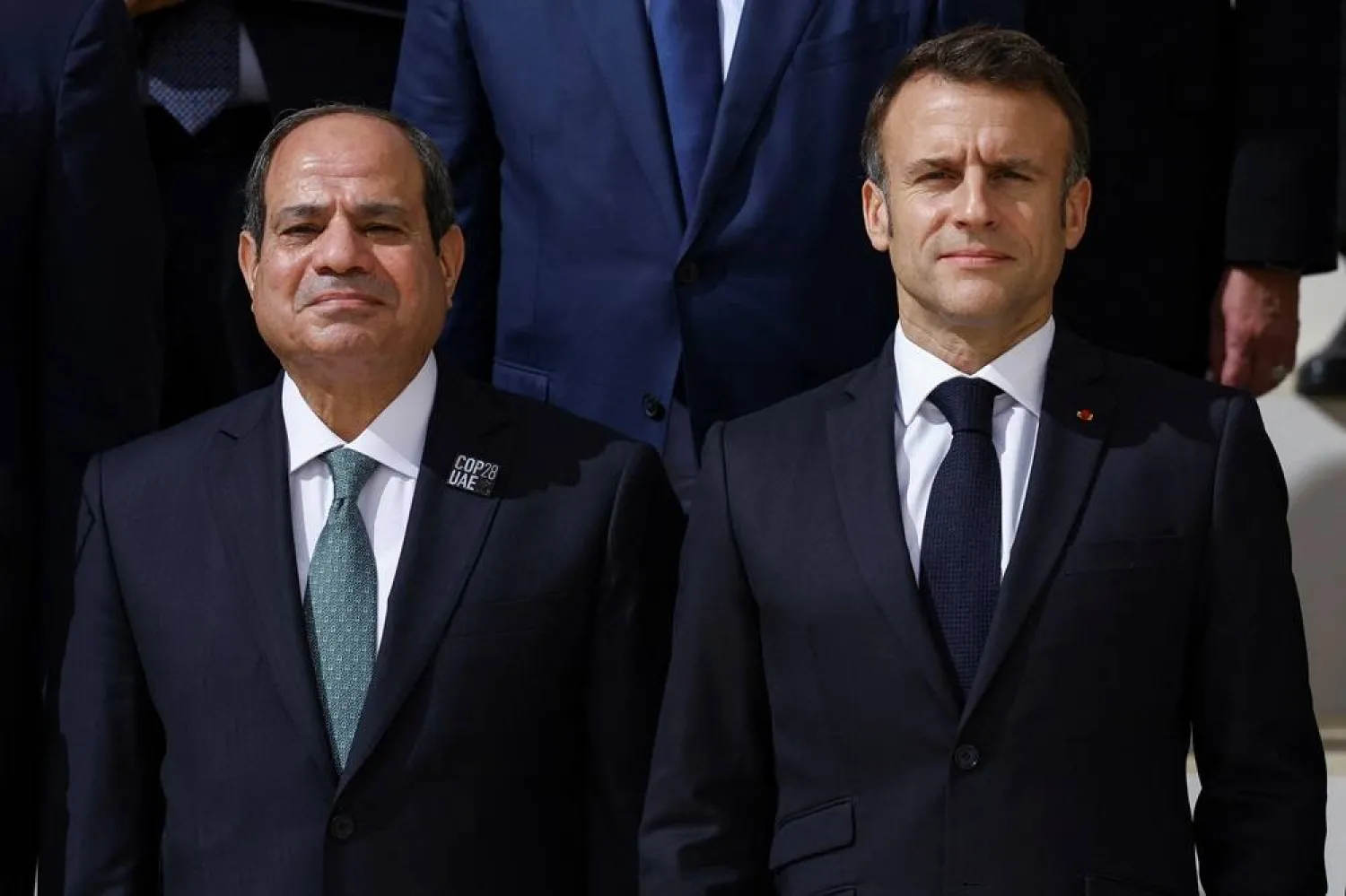Egypt is persistently engaged in efforts to restore calm between Hamas and Israel in the Gaza Strip.
“Cairo is currently seeking to restore calm and strengthen the truce and to prepare the way for the resumption of the peace process,” an Egyptian security source said.
On Friday, Egyptian President Abdel Fattah al-Sisi reviewed his country’s efforts to calm the situation and extend the humanitarian truce to reach a ceasefire in Gaza, as well as Egyptian efforts to receive the wounded Palestinians and evacuate foreign nationals.
During his meeting with world leaders on the sidelines of the 28th Session of Conference of the Parties to the United Nations Framework Convention on Climate Change in Dubai, he underlined Egypt’s efforts to restore calm.
He stressed the need to provide the necessary protection for civilians, while striving to find the appropriate political path to reach a just and comprehensive solution to the Palestinian issue.
Sisi received several European officials in Cairo over the past week to discuss Gaza.
He met with Hungary’s President Katalin Novák and the foreign ministers of Slovakia and Portugal, in addition to the prime ministers of Spain and Belgium.
According to official statements, talks underscored the vital importance of reaching a permanent ceasefire, and to propose political solutions to the Palestinian-Israeli conflict.
During a meeting between Sisi and French President Emmanuel Macron on the sidelines of the COP28 conference in Dubai, the leaders agreed on the vital importance of reaching urgent solutions to the ongoing crisis and taking action to ensure the access of humanitarian assistance.
They stressed the need to launch a comprehensive political process aimed at reaching a just settlement to the conflict based on the two-state solution and in line with the relevant international resolutions.
Sisi met with British PM Rishi Sunak, and they agreed on the gravity of the current situation in the Gaza Strip, especially in light of the uncalculated consequences of expanding the conflict on the stability of the region.
Meanwhile, an Egyptian security source said on Friday that “Egypt made urgent contacts with both the Israeli and Palestinian sides as soon as the Israeli attacks renewed on Gaza.”
According to the German news agency, dpa, the source said Egypt and Qatar coordinated immediately after Israel resumed its attacks.
The source noted that both countries have initiated contacts with all parties involved in the implementation, monitoring and mediation of the truce, mainly the US, which joined Egypt and Qatar to help broker the now expired ceasefire.
The source confirmed that the talks were part of intensive negotiations held on Thursday night to extend the humanitarian ceasefire that lasted around seven days.









